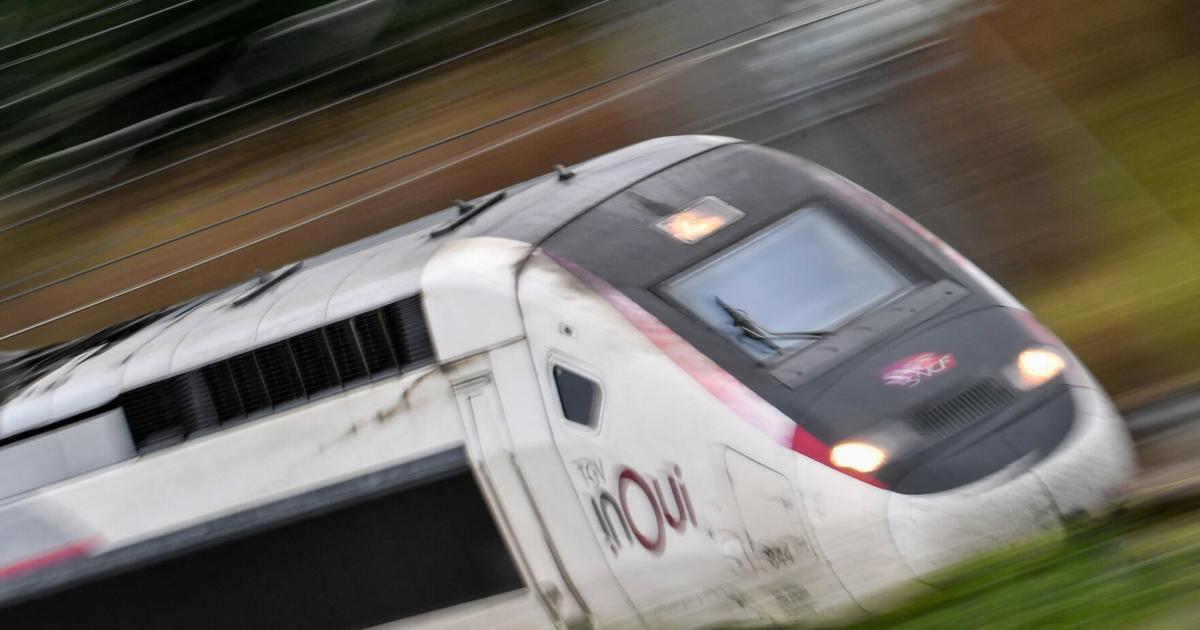Timeline
While there is no explicit timetable for completion of the High Frequency Rail project, nor for when construction would even begin,
Mr. Imbleau stated that he expects the co-development process (during which VIA HFR and the co-developer will establish the details of the eventual project)
to take “a couple of years” before the government and the co-developer make a final investment decision.
He also told the Committee that VIA HFR’s mandate “is to take adequate time and apply the right resources to pin down the right scope for Canadians and ensure that what we build is at the right cost and is affordable but is also economical for the future.”





